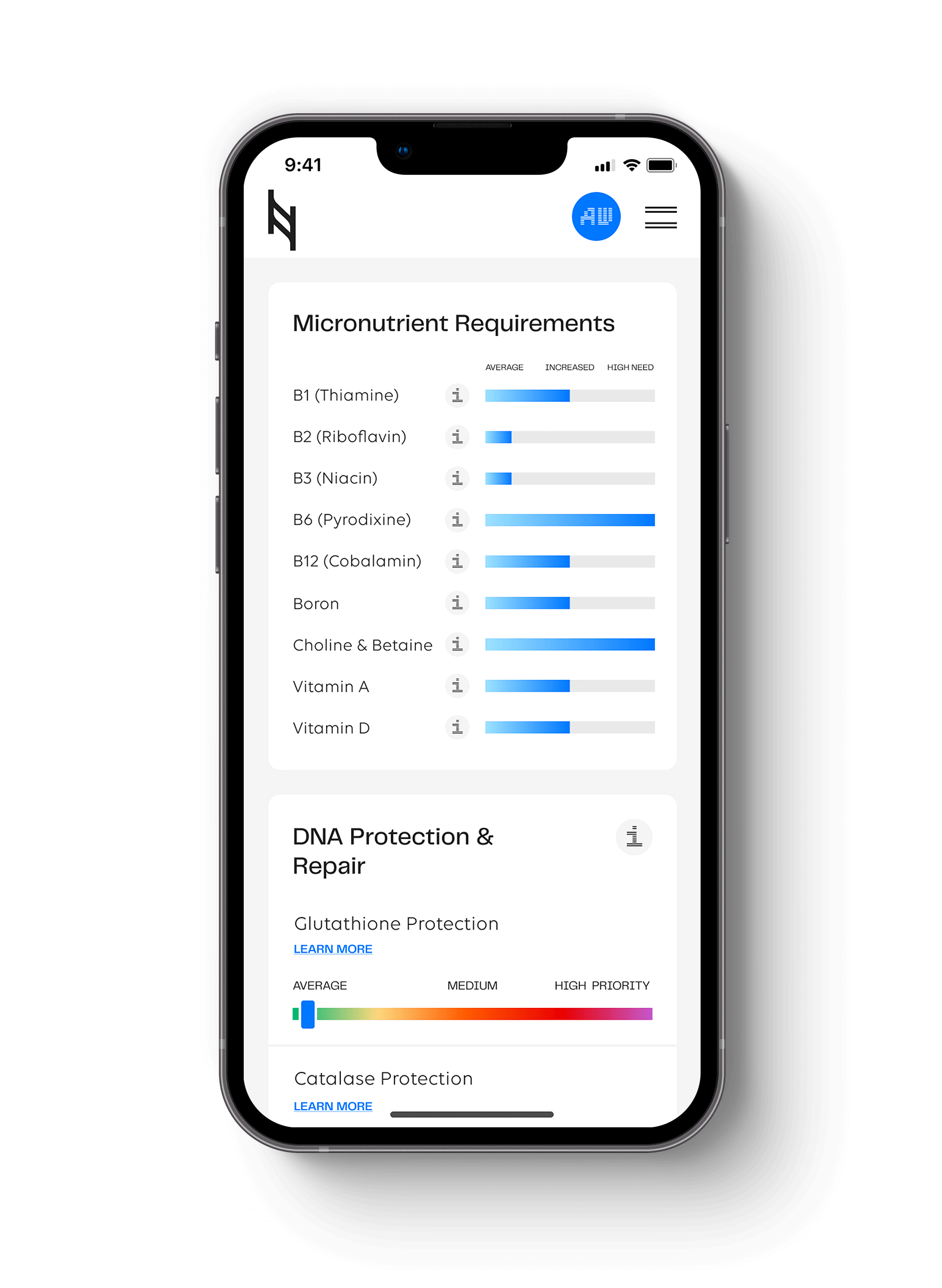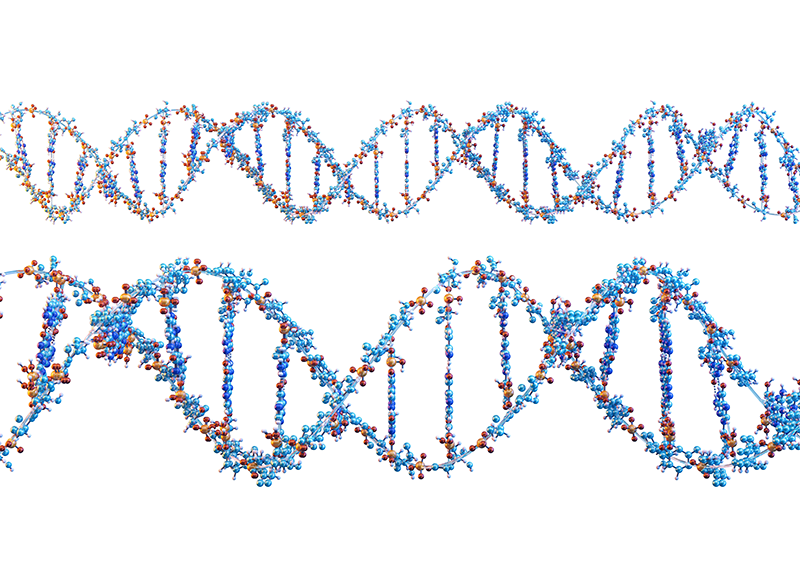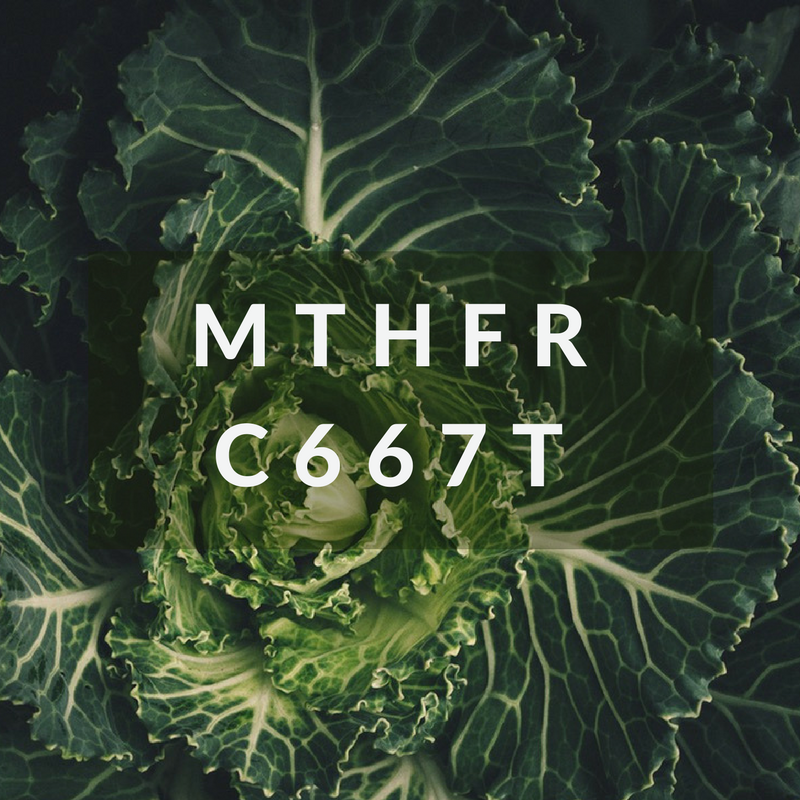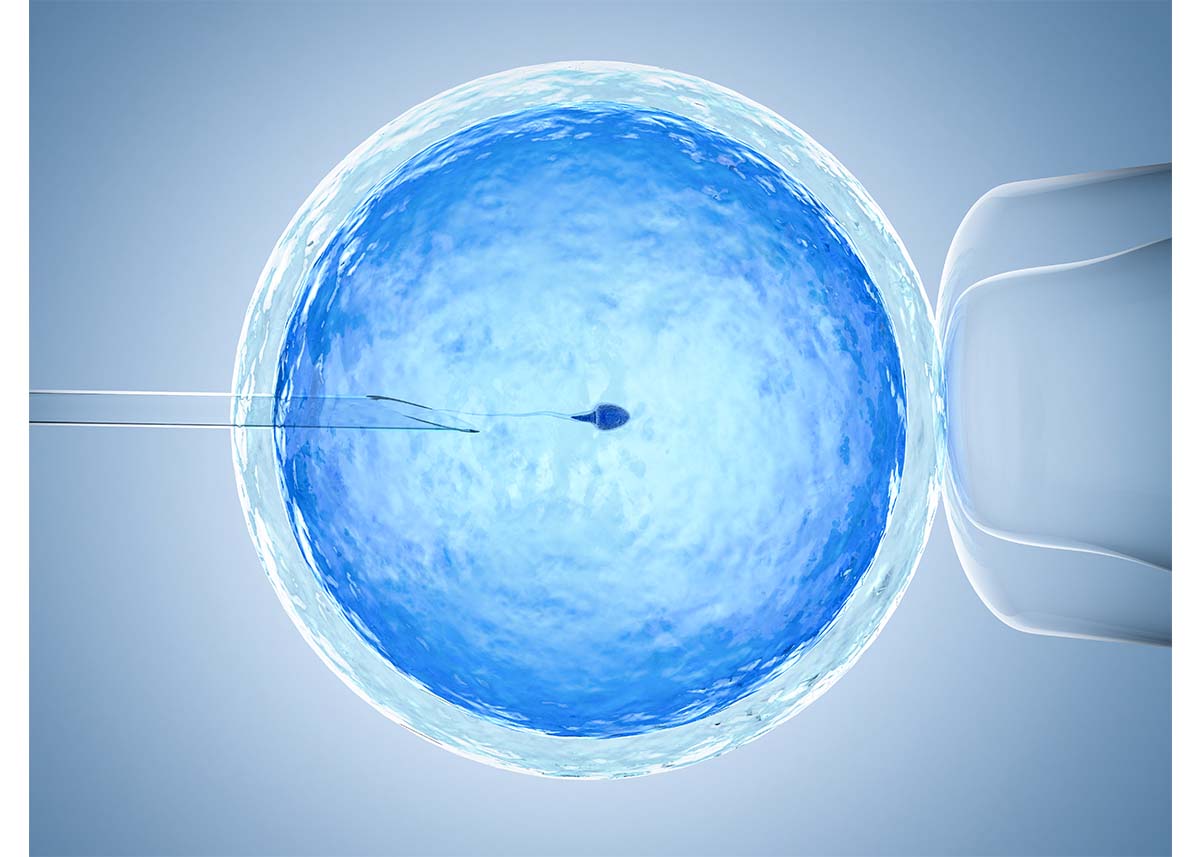Have you ever wondered why a deep breath can relax your body? You can thank your vagus nerve. Deep breathing is one of the most effective ways to calm the stress response, yet it is something we consistently forget to incorporate.
The activity of the vagus nerve affects mood, immune response, heart rate, blood pressure, insulin release, and digestion, as well as reflexes like coughing, sneezing, swallowing, and vomiting.
Vagal dysfunction has been connected to a higher response to stress, OCD, IBS, inflammatory bowel disease, gastroparesis, poor detoxification, gut dysbiosis, leaky gut, bloating, SIBO, trouble swallowing, low stomach acid, and difficulty speaking or loss of voice.
The vagus nerve is the main component of the parasympathetic nervous system and is one of the most influential nerves in the body. It is called the “information super-highway” because you can’t discuss the brain-gut connection without including the vagus nerve. It enervates multiple organs including the lungs, heart, liver, stomach, spleen, thymus, ovaries, and temporal lobe of the brain.
The genes connected to the vagus nerve can help you understand how your perception of and response to stress may be affecting your gut, immune function, mood, and behavior, and what recommendations can help improve vagus nerve function for a better mood, digestive system, and immune response.
Genes: 5-HT2A, BDNF, PEMT, and FUT2
Report Section: Neurotransmitters and Mental Health (5-HT2A, BDNF, and PEMT) and Digestion (FUT2) section of the Nutrition Genome Report.
Ancestral Backstory
The fight or flight response in humans evolved for survival in the most dangerous circumstances that literally meant life or death. The dilation of the pupils, rush of adrenaline, and surge in strength and speed was needed to live another day.
Within each community, genetic strengths were diversified to help prevent or meet these threats. In our COMT article, we discussed the difference in baseline dopamine and adrenaline levels, and how the Warrior, Worrier, or Hybrid genotype emerged.
Another layer of this response is how we perceive a threat or what is considered stressful. You may have noticed that within your relationships, there are different perceptions of what is considered stressful, or whether an event is something to be worried about or not. There is actually a genetic and epigenetic basis for this based on certain genetic variants and the trauma of life events. As a community, diverse responses may have evolved to help better assess a situation from multiple viewpoints for more confident conclusions and a higher chance of survival.
It has been hypothesized that variants in the 5-HT2A gene may influence resting vagal activity among individuals, and those with the variants are more susceptible to chronically high levels of perceived stress. While our ancestors focused only on the immediate environment for stress, modern living opens up the entire world to access the potential of experiencing stressful events through the news and social media. Having variants in 5-HT2A could make reactions to these stressors higher, more frequent, and affect your mood, digestion, and immune system.
The Vagus Nerve, Stress and Mood
There are many philosophical strategies that have been used for thousands of years to help humans change their perception of stress. Utilizing strategies to change the perception of stressful events helps prevent the activation of 5-HT2A that leads to lower vagal tone.
One of the most well-known principles of Stoicism is that there are things we can control and things we can’t control. Our job is to focus only on what we can control, which helps eliminate the stress and anxiety that builds from what we can’t control. Obsessive and compulsive behavior has its roots in wanting to control the environment as much as possible due to the anxiety of the unknown and has been linked to childhood or adolescent trauma and PTSD. A heightened stress response is a trigger for these changes in behavior.
Due to the 5-HT2A receptor’s role in BDNF regulation – which helps regulate the excitatory neurotransmitter glutamate and calming neurotransmitter GABA – the A allele for 5-HT2A rs6314 was found to cause a lower expression of BDNF. This is why variants in the BDNF gene (Neurotransmitters and Mental Health section of the Nutrition Genome Report) can have a compounding effect on 5-HT2A for mood and behavior in response to stress.
Those with the lowest choline intake have been found to have the highest anxiety. Variants in the PEMT gene increase the need for dietary choline and betaine, which stimulates acetylcholine and has been shown in rats to improve vagal activity. Check your PEMT gene to see if you have a higher need for dietary choline.
The Vagus Nerve, Stress and Digestion
Stress restricts vagus nerve activity, which targets issues in the gastrointestinal tract and alters the microbiome. Low vagal tone has been found in both IBS and IBD, which are both characterized by dysbiosis. Vagus nerve stimulation lowers inflammatory response to intestinal injury.
If you have struggled with digestion and detoxification despite dietary changes and supplement interventions, the role of the vagus nerve may need to be explored.
The Vagus Nerve, Stress and Immune Function
We all have heard that chronic stress lowers immune function. The fight or flight response that occurs from chronic stress puts your body in an activated state that decreases the function of the thymus (T cells) and spleen (red and white blood cell filtration). This means you are more likely to get infected by an opportunistic virus, bacteria, parasite, and even cancer that take advantage of a defenseless terrain.
The vagus nerve mediates immune function through the cholinergic pathway and by stimulating acetylcholine, which helps put the brakes on inflammation and cytokine production.
Those with variants in 5-HT2A may be especially vulnerable to immune disruption from chronic stress and will benefit from targeting the vagus nerve through cold water immersion, deep breathing, singing, meditation, yoga, and aerobic exercise.
Strategies for Vagus Nerve Function and Stress Reduction
- To improve your mood, heal your gut or boost immune function, you have to start with addressing chronic stress and the vagus nerve. Vagus nerve stimulation may be a promising add-on treatment for anxiety, depression, PTSD, seizures, IBS, and inflammatory bowel disease.
- Research has shown that vagal tone can be stimulated through cold showers, singing, deep breathing, meditation, yoga, and aerobic exercise. People with variants in BDNF benefit from hot baths, so those with variants in BDNF and 5-HT2A may get the most out of the traditional hot and cold plunges common in places like Scandinavia and Japan.
- Face to face social interaction and connectedness engages the vagus nerve, which makes social isolation especially challenging for those with low vagal tone. Interestingly enough, social media was actually found to exacerbate feelings of isolation.
- Choline and gut bacteria influence the activity of the vagus nerve, and poor gut health could cause reduced vagal activity. Lactobacillus helveticus R0052 (traditionally used in the manufacture of Swiss-type cheeses and long-ripened Italian cheeses such as Emmental, Gruyere, Grana Padano and Parmigiano Reggiano) and Bifidobacterium longum R0175A (colonizes at birth, but levels vary genetically from the FUT2 gene) significantly attenuated psychological distress and reduced anxiety-like behavior.
- Theanine, a component of green tea and black tea, has been shown to increase BDNF levels and modulate serotonin and dopamine levels. Researchers also believe there may be an application for theanine in anxiety disorders, panic disorder, OCD, and bipolar disorder.
Hit your health goals faster
We'll help you remove the guesswork
Experience the most advanced nutrigenomic test available, covering 100 clinically relevant genes for a "whole body" analysis. Take control of your health today.
$359






















